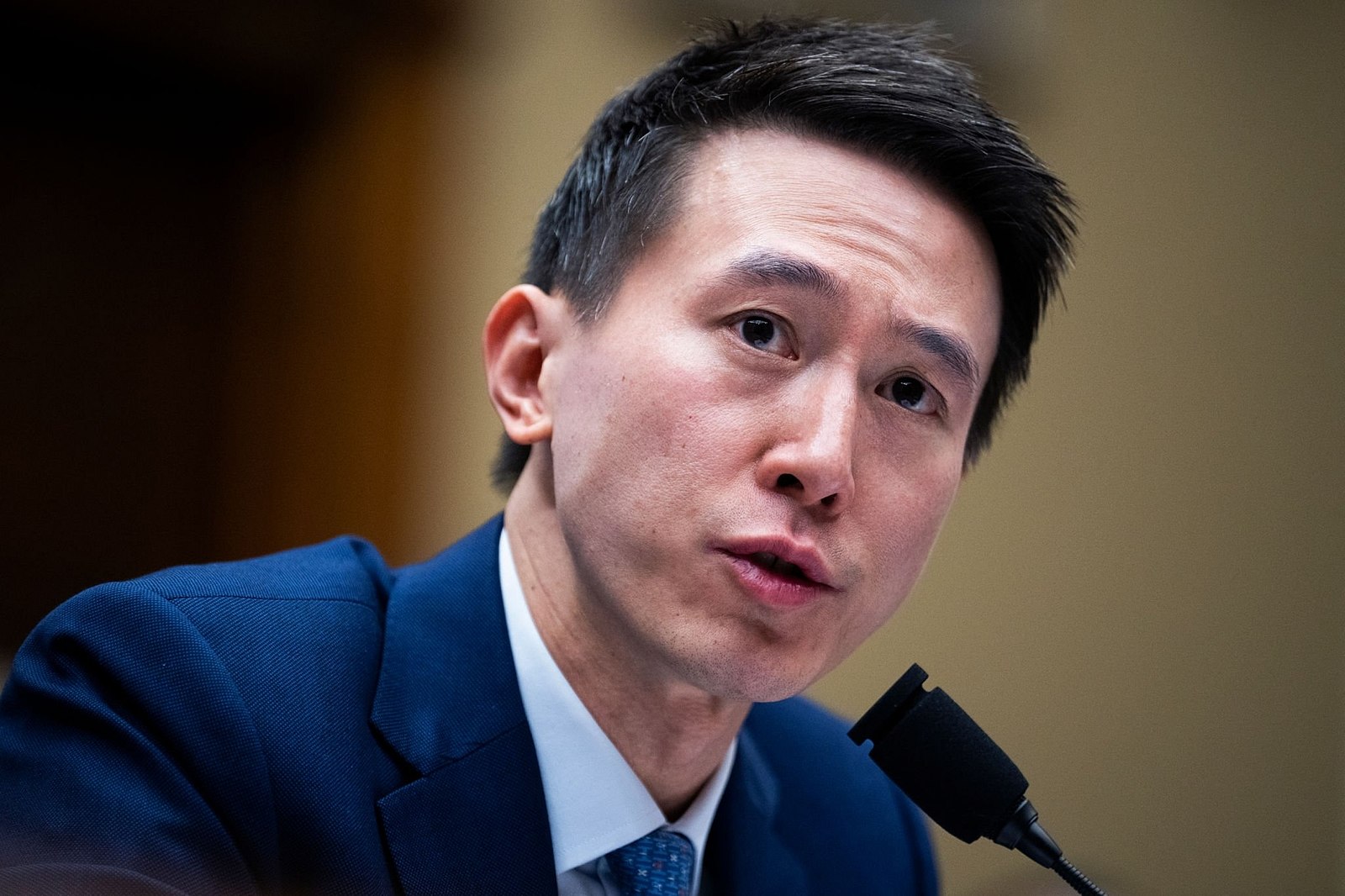The rise of non-state actors: TikTok, national security, and mental health

CEO of TikTok, Shou Chew, being questioned by members of Congress
Ben Johnson -The last several weeks have seen increased scrutiny of social media platforms, evidenced by the very public Congressional questioning of TikTok CEO Shou Chew last week. Similarly, Governor Spencer Cox of Utah approved a bill within the same week that will drastically limit how minors can access and use social media within the state. Companies like TikTok and Instagram are examples of non-state actors, but how these businesses collect their data, who might have access to it, and mental health concerns have lawmakers at all levels debating what the future of social media should look like.
A non-state actor is a broad title to describe an array of entities, ranging from terrorist or revolutionary groups to social movements and businesses. While these actors have their own agendas and strategies, they are still influenced by and interact with other actors, primarily countries. Looking at the recent Utah legislation, one can see this interaction between tech companies, examples of non-state actors, and the government of Utah. In this case, mental health and addiction in children and teenagers are the primary issues being addressed. Despite social media companies increasing parental controls and features limiting screen time, the bill will require explicit consent from parents for minors to access sites and apps. Additionally, minors will be unable to use their accounts from 10:30 pm to 6:30 am unless a parent allows access. These non-state actors are being influenced by a state government, even though they exist across the United States and globally. At the national level, TikTok specifically has been a reoccurring concern during both the Trump and current Biden administrations. While TikTok is considered a non-state actor, there are concerns that China’s ownership of its parent company, ByteDance, could allow China to potentially pressure them into providing user data. This concern has been exacerbated by the deteriorating relations between the two global powers.
The different levels where these debates occur connect to the concept of scale. Scale, in this context, refers to the extent of political actions taking place. These levels range from the individual, users on TikTok protesting its possible ban, to the global, China’s commerce ministry issuing a statement opposing its sale to U.S. companies. Each level doesn’t operate independently; they influence and regularly intersect. The influence of these non-state actors is significant and growing and will be a decisive factor in relations between China and the United States.
Image source: Tom Williams, Public domain, via Wikimedia Commons

